Chip inflation helps Samsung achieve record quarterly profit
The company has reported the highest operating profit since the third quarter of 2018
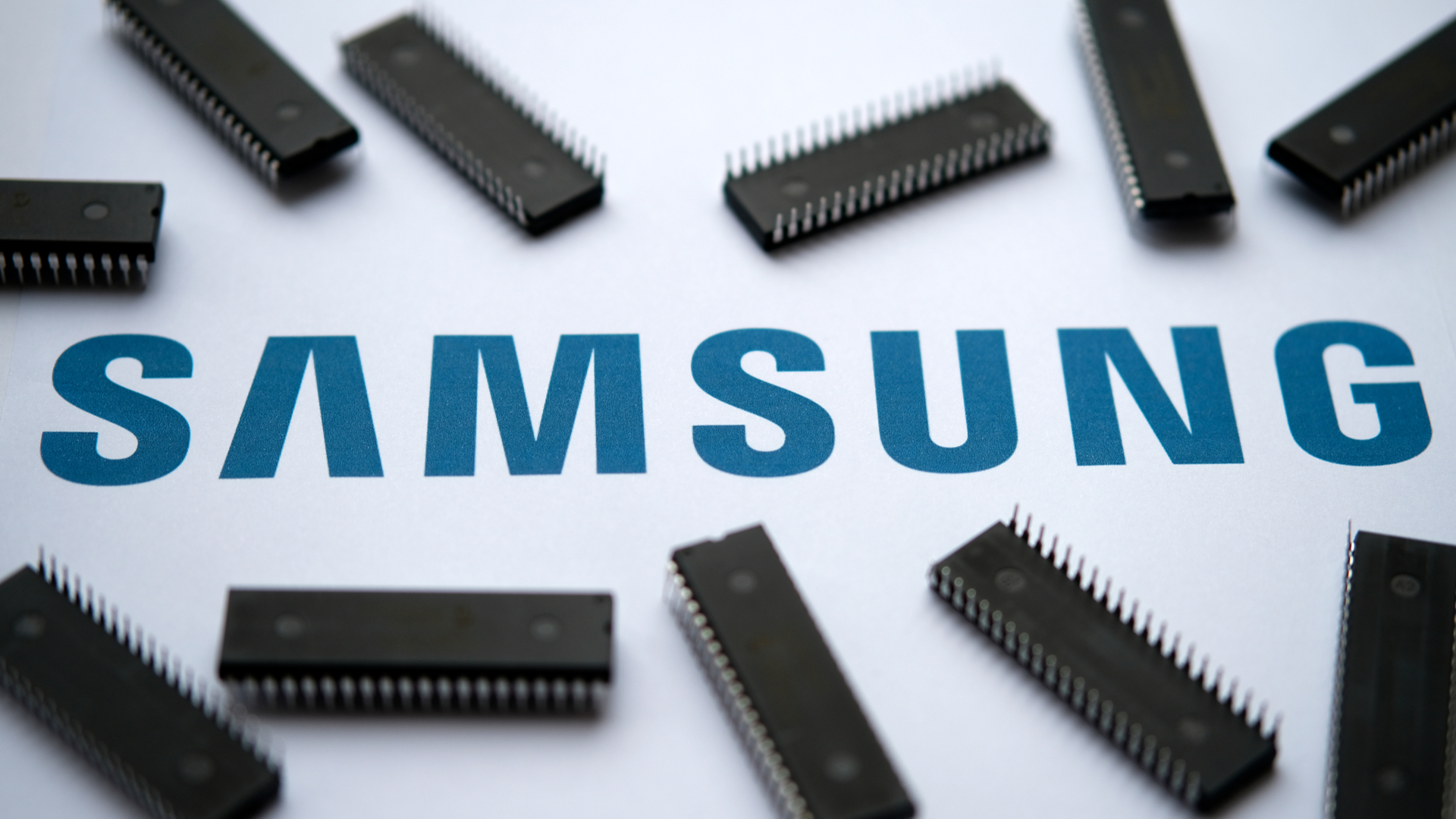

The rising prices of semiconductors have helped Samsung achieve its highest quarterly profit since 2018, according to new financial guidance published by the company.
Samsung’s Q3 operating profit increased by 27.9% to 15.8 trillion Korean won (£9.7 billion) from the same period last year, and by 26% from the second quarter of 2021.
This makes it the highest operating profit since the third quarter of 2018, when Samsung reported a profit of over 17.5 trillion won (£10.7 billion).
Today’s success was attributed to chip price inflation, caused by the high demand for semiconductors as the global shortage continues to affect the tech and automotive industries, as well as an uptick in the company's display business.
Both chips and displays are part of the Device Solutions division, which in Q2 was responsible for almost half of Samsung’s total revenue. The profit recorded in the second quarter of 2021 was also found to be the highest in three years at the time, generating a profit of 12.5 trillion won (£7.6 billion).
Samsung hasn’t yet released the full Q3 financial results by business unit, with further information expected by the end of October. However, analysts estimate that the tech giant’s chip unit alone is likely to have experienced a 79% jump in operating profit from a year earlier, according to Reuters’ reports.
RELATED RESOURCE

The definitive guide to warehouse efficiency
Get your free guide to creating efficiencies in the warehouse
Despite the rising profits, today’s financial guidance falls slightly short of analyst expectations. Financial analysis by Refinitiv previously estimated the operating profit to reach 16.1 trillion won (£9.9 billion). Following the news, Samsung’s shares were reported to slump by 11% year-to-date, according to CNBC.
Get the ITPro daily newsletter
Sign up today and you will receive a free copy of our Future Focus 2025 report - the leading guidance on AI, cybersecurity and other IT challenges as per 700+ senior executives
The financial guidance for Q3 comes amid reports that Samsung is close to finalising the construction of a $17 billion semiconductor factory in Taylor, Texas, according to three people with knowledge of the matter who spoke to Reuters. In a filing, the tech giant stated that the new plant would focus on manufacturing advanced logic semiconductor chips and create approximately 1,800 new jobs.
This is in line with previous plans outlined by the company to invest 240 trillion won (roughly £150 billion) in semiconductors, biopharmaceuticals, and next-generation networking, among other key strategic areas, over the next three years.
Having only graduated from City University in 2019, Sabina has already demonstrated her abilities as a keen writer and effective journalist. Currently a content writer for Drapers, Sabina spent a number of years writing for ITPro, specialising in networking and telecommunications, as well as charting the efforts of technology companies to improve their inclusion and diversity strategies, a topic close to her heart.
Sabina has also held a number of editorial roles at Harper's Bazaar, Cube Collective, and HighClouds.
-
 Third time lucky? Microsoft finally begins roll-out of controversial Recall feature
Third time lucky? Microsoft finally begins roll-out of controversial Recall featureNews The Windows Recall feature has been plagued by setbacks and backlash from security professionals
By Emma Woollacott Published
-
 The UK government wants quantum technology out of the lab and in the hands of enterprises
The UK government wants quantum technology out of the lab and in the hands of enterprisesNews The UK government has unveiled plans to invest £121 million in quantum computing projects in an effort to drive real-world applications and adoption rates.
By Emma Woollacott Published
-
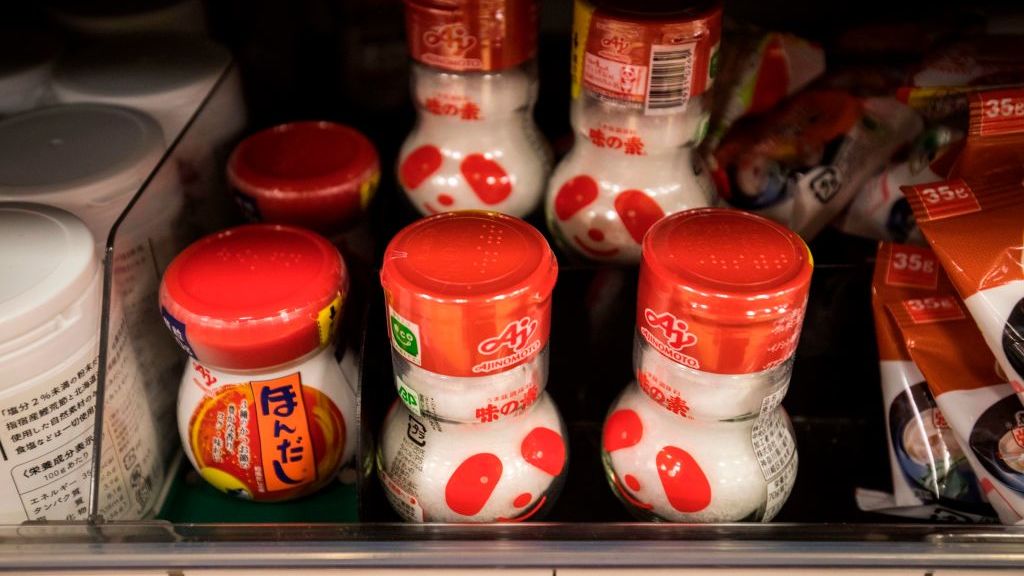 MSG giant Ajinomoto's chipmaking foray helps break financial records
MSG giant Ajinomoto's chipmaking foray helps break financial recordsNews In addition to umami seasoning, the company produces a microfilm insulation used by the semiconductor industry which was repurposed from its amino acid technology
By Zach Marzouk Published
-
 IBM unveils its 'most powerful' 433-qubit quantum processor
IBM unveils its 'most powerful' 433-qubit quantum processorNews The Osprey is three times more powerful than IBM's 127-qubit Eagle processor the company launched a year ago
By Zach Marzouk Published
-
 Blackberry revenue falls by 4% as cyber security division takes hit
Blackberry revenue falls by 4% as cyber security division takes hitNews Despite this, the company’s Internet of Things (IoT) division increased its revenue by 28% as it attracted new customers from the automotive sector
By Zach Marzouk Published
-
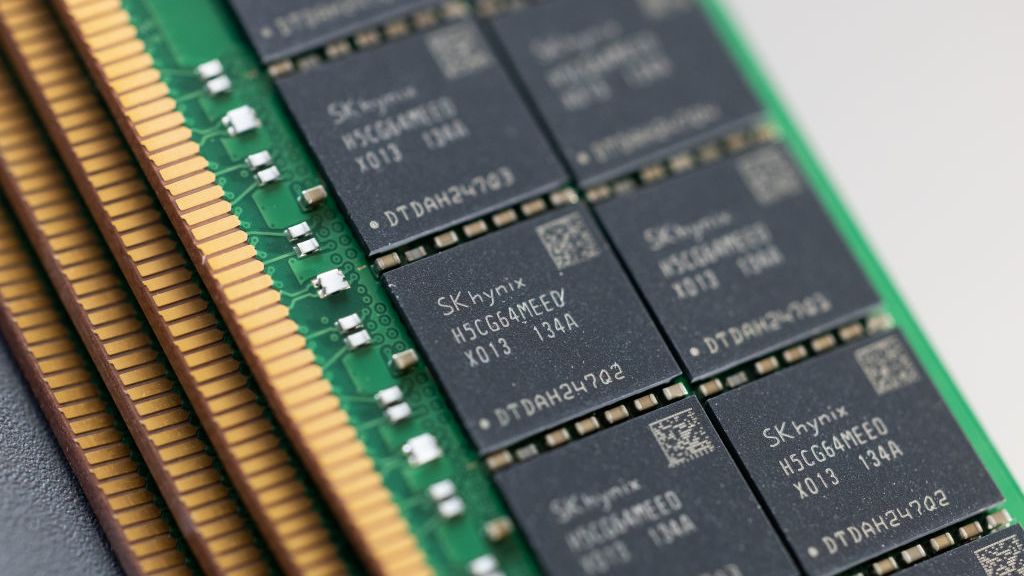 SK Hynix splashes out $11 billion on new semiconductor plant
SK Hynix splashes out $11 billion on new semiconductor plantNews The company will produce memory chips, but will reportedly decided closer to the time whether they will be DRAM or NAND flash chips depending on market conditions
By Zach Marzouk Published
-
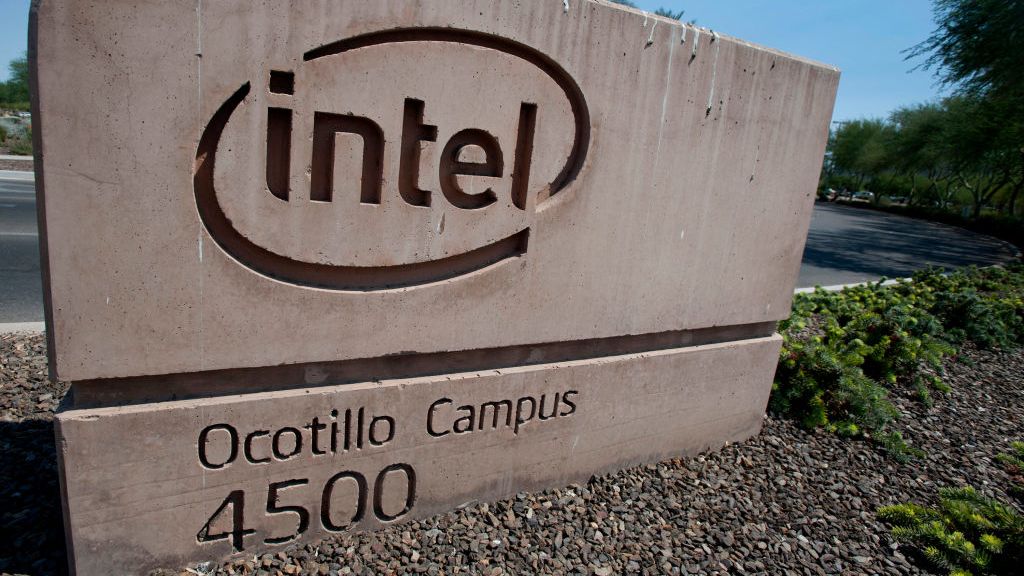 Intel strikes $30 billion private equity partnership to fund Arizona plant expansion
Intel strikes $30 billion private equity partnership to fund Arizona plant expansionNews Brookfield Infrastructure Partners will invest around $15 billion into the expansion of the chipmaker’s Ocotillo campus
By Daniel Todd Published
-
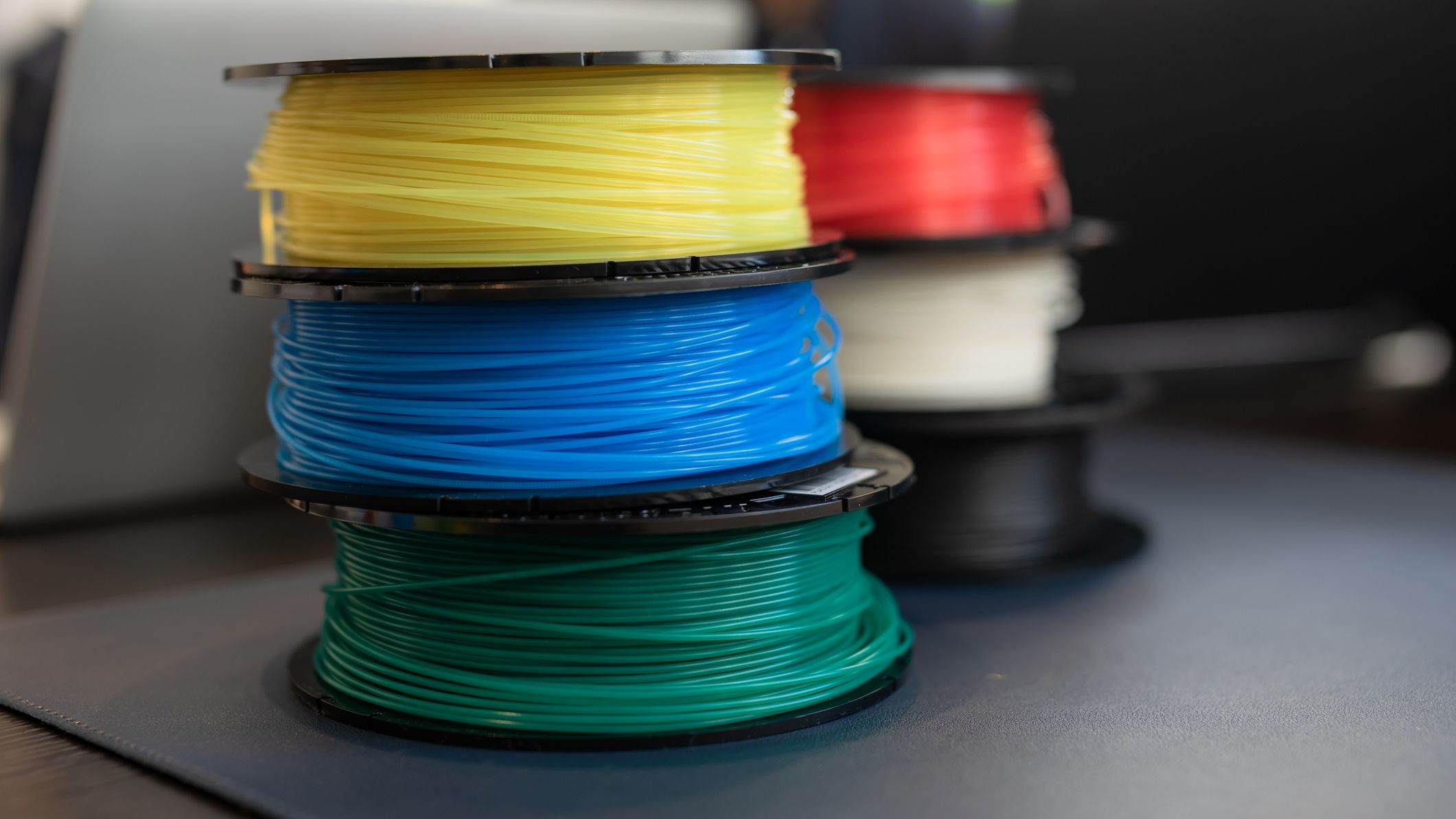 The best 3D printer tools and accessories for your business
The best 3D printer tools and accessories for your businessIn-depth Every business using 3D printers should be aware of these essential extras to raise its output to the next level
By Rory Bathgate Published
-
 LED vs laser printers: Which is better for business?
LED vs laser printers: Which is better for business?In-depth Laser and LED printer technology is similar, but each come with their own unique benefits that could make them best for your company
By Rory Bathgate Published
-
 Intel to produce chips for Taiwanese manufacturer MediaTek
Intel to produce chips for Taiwanese manufacturer MediaTekNews The agreement comes after the US chip company managed to secure deals with Amazon and Qualcomm last year
By Zach Marzouk Published